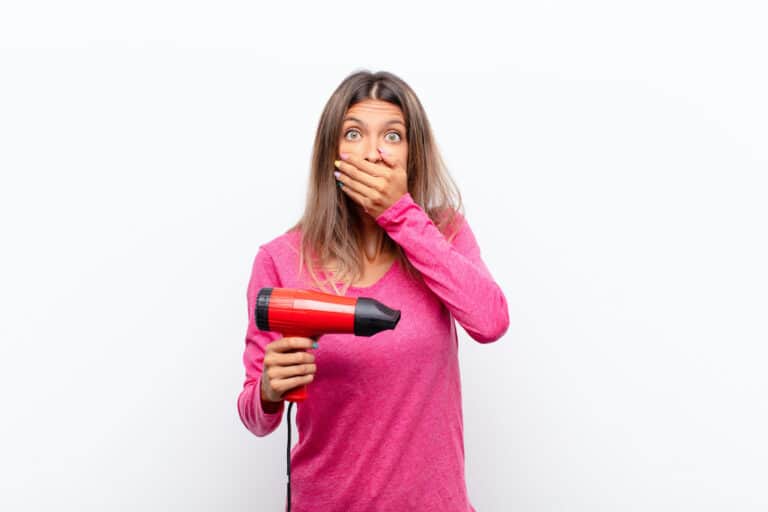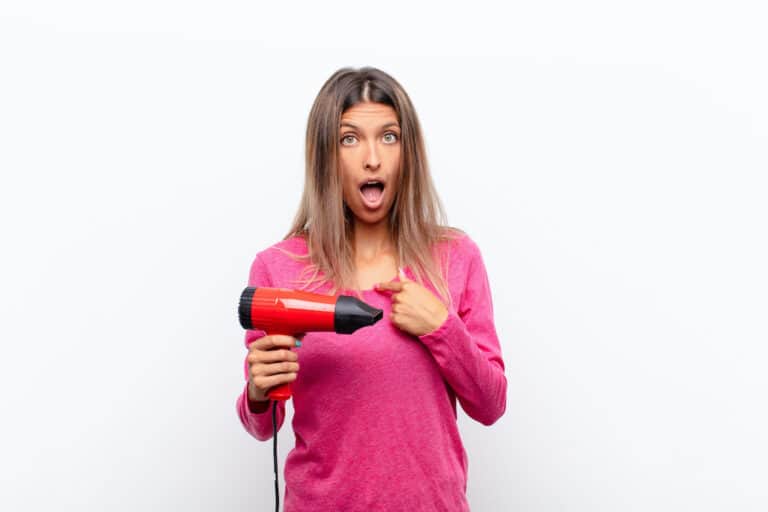Dry mouth also called “Xerostomia”. It is caused by many factors, mostly by the use of tobacco, certain medicines, and autoimmune disorders like Sjögren syndrome. It affects 27% of females and 21% of males adults. It also prevails in 39% of aged people that are over 65 years.
Though it is more common in aged people, still it is hard to diagnose. The patients may feel an unpleasant experience when eating or tasting food. They might see differences when communicating, and increased risk of dental diseases.
Before talking about dry mouth, let’s have a look at the functions of saliva.

Saliva performs the following important functions:
Some common signs:
Fissured tongue
Tongue becomes depapillated
Lack of stippling of gums
Reduced or no saliva on the mouth floor
Several dental fillings
Some common symptoms are:
Inflammation of the oral cavity that can often cause a burning sensation;
Dental diseases, including dental caries, become more rampant;
Plaque formation can lead to poor oral hygiene and results in the bad-tasting;
Increased risks of periodontal diseases and tooth decay;
Difficulty in keeping the dentures clean;
Infections of the salivary gland, especially of parotitis become frequent;
Frequent oral infections;
Reduced tasting ability or bad taste like that of a metal;
Hoarse voice;
Difficulty in speech;
Difficulty in chewing and swallowing food;
Frequently having a dry cough.
Potential causes of dry mouth are the following:
About 400 kinds of drugs have been reported to affect the salivary gland and cause dry mouth. Salivation is reduced with two hypo salivation drugs that are consumed simultaneously for a longer duration.
The following medicines are known to cause dry mouth:
Antipsychotic agents;
Drugs for the treatment of cardiovascular disorders, commonly known as Cardiovascular agents. It’s including antihypertensive drugs;
Antidepressants;
Tranquillisers and hypnotics;
Amphetamine derivatives;
Anticonvulsant;
Antiparkinsonian drugs;
Some gastrointestinal and genitourinary systems agents;
Anti-allergics, including antihistamines;
Anti-inflammatory drugs, including steroids and some non-steroidal agents.
Antineoplastic agents (drugs used for the treatment of tumours and cancer).
Tobacco usage and smoking make a person more susceptible to dry mouth. Athletes are also prone to oral dehydration.
Breathing through the oral cavity and reduced water consumption can also cause dry mouth.
Tumours of the salivary gland can affect the production of saliva and can lead to dry mouth.
If a person has an autoimmune disease for a long time, it will affect the moisture-producing glands and could lead to dry mouth and dry eyes. Other systemic diseases such as diabetes, liver disorders, thyroid diseases, and HIV can also cause xerostomia.
Chemotherapy and radiotherapy especially on neck and head can affect salivary glands and can cause dry mouth.
Nervous disorders such as Alzheimer’s or stroke can also cause dry mouth.
